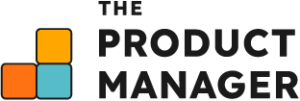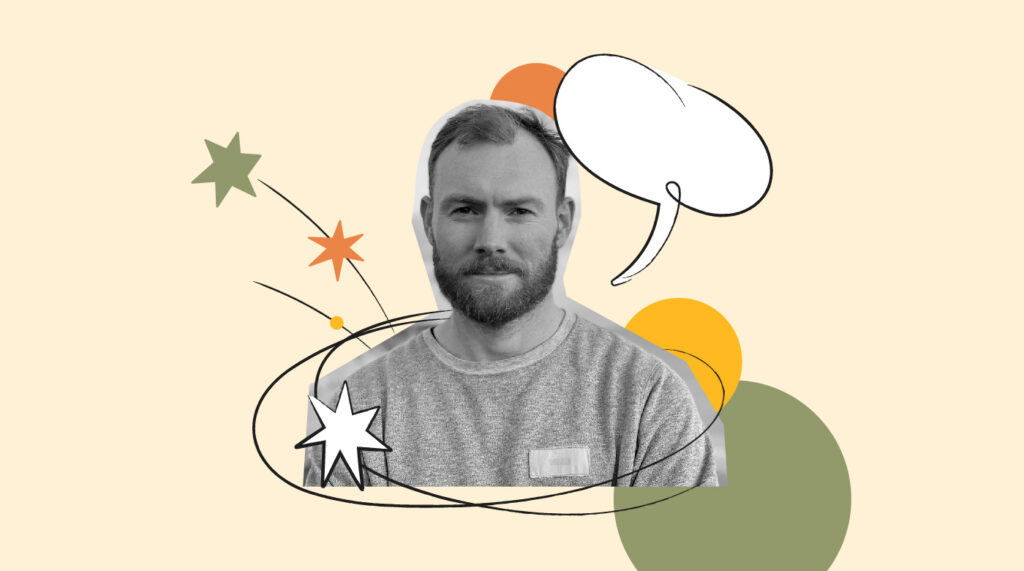A product manager’s specific role will vary from one company to the next. Still, all product managers must balance many aspects of their job, including customers’ needs, a vision for new products, and the product team. So what tools and strategies are needed to create a successful career as a product manager? What are the 5 Things You Need To Create A Successful Career As A Product Manager?
In this interview series, we are talking to Product Managers, founders, and authors who can answer these questions with stories and insights from their experiences. As a part of this series, we had the pleasure of interviewing Sebastian Scheerer.
Sebastian Scheerer is a successful serial tech-founder and product designer, known for co-founding Wunderlist (acquired by Microsoft) and ottonova. Hi companies have attracted investment from notable investors, raising over 200 million dollars. He also runs Superfounder.io, a UI/UX design agency for SaaS companies and tech-startups.
Thank you so much for joining us in this interview series! Our readers find it fascinating to trace the evolution of a person’s career trajectory. Can you give me a brief rundown of your career history, from your very first job to the position you hold now?
Sure, thanks for having me!
My career journey has been quite an interesting one. I started off working in small jobs such as a supermarket, moving company, and office chair factory to earn a little money.
I then moved to Berlin for an internship in a company that created erotic websites but I quickly quit. I found myself unemployed and relying on social security for almost 5 years. I hit rock bottom and felt like things were not going well for me. But I had a passion for computers and I taught myself how to build websites and interfaces.
This led to working as a freelancer. I then joined a web design agency where I met my future co-founders and we then founded Wunderlist in 2010 which was acquired by Microsoft in 2015.
One year later in 2016, I co-founded and became head of design for Germany's first paperless health insurance, ottonova. I'm still in this position today and also help other founders build their products through my product UI/UX design agency "Superfounder.io"
Most of the product leaders I’ve talked to sort of “fell into” product management and have become passionate about the job. What was the main event in your life that led you to this path?
I sort of discovered product management by accident when building Wunderlist. At the time, we didn't even have a dedicated product manager, but we were focused on creating a simple, easy-to-use product that people would love. It wasn't until later, when founding ottonova, that I realized the importance of having a dedicated product team and what a product manager does in the process.
I’ve often heard from people who work in the product manager capacity that it’s hard to explain what they do to family and friends. What do you say when someone asks, “so, what do you do for a living?”
When someone asks me what I do for a living, I usually say something like "I design and create delightful digital products and companies that solve real problems." It's a combination of my background in UI/UX design and my interest in building better products.
Let’s pretend money and social status don’t exist—what is most important to you about your work? What is the North Star in your career?
The most important thing to me about my work is the ability to create something that positively impacts people's lives. I want to know that my work is making a difference. My North Star in my career is to always strive for innovation and impact in everything I do.
Can you tell me a story from your professional experience that makes you a little emotional—a moment when you knew you were in the right line of work?
One moment that sticks out to me was when we discovered a customer who was running three companies on Wunderlist. He had made it his one-stop-shop for everything and loved it. It was a powerful moment for me to realize the impact our work had on people's lives, and how our little app was helping them be more organized, productive and even brought them joy. It reminded me that as product creators, we're not just building apps, we're making a real difference in people's lives and that's something that brings me a lot of emotion and pride.
What are the qualities that you think make someone a great fit for product management? And conversely, what are some traits that would make you hesitate to recommend this profession?
Great product managers have a knack for understanding customers and empathizing with their needs. They're strategic thinkers, strong communicators, and natural leaders. They're able to make tough decisions, navigate ambiguity and uncertainty, and use data to inform their decisions. On the flip side, if you're not customer-focused, can't communicate, lack strategic thinking, can't make decisions, or aren't a leader, product management may not be for you. It's also not a job for the faint of heart, you need to be comfortable in a fast-paced, ever-changing environment and be ready to own your product.
When you think of the strongest team you’ve ever worked with, why do you think the team worked so well together, and can you recall an anecdote that illustrates the dynamic?
Building a digital health insurance is like trying to marry a 100-year-old business model with a fast-paced startup. It's tough. In the beginning, we had a chaotic situation and our product managers didn't have the trust of the board. But once we hired great PM's, everything changed. They pushed through, established processes and strategies and made everyone feel more at ease.
They truly became the CEOs of the product, leading the teams and driving the product vision. It was like watching a symphony come together under their leadership. A true testament to the importance of strong product management.
A lot of theory around project management focuses on frameworks and methodologies. Can you recall a situation you’ve dealt with where you’ve had to toss these things by the wayside and come up with a unique solution to a problem?
As mentioned above, I’m a designer and when we built Wunderlist we didn’t have a clue about product management. So we really never even picked PM up from the wayside. We just focused on building what we thoughts was a good product and we did it to the best our abilities.
In the end, the result is what counts and the unique solution to productivity at the time was building the first truly cross-platform, collaborative to-do list. That was our focus. And users couldn’t care less if you followed a specific framework to get there.
What are your “5 Things You Need To Create A Successful Career As A Product Manager” and why?
1 . Deep Knowledge of the Customer: As a PM you’re like a detective, constantly gathering clues about their customers' needs and pain points. They use this knowledge to create products that solve real problems and delight their customers.
2 . Strong Leadership: A product manager must be able to lead a cross-functional team to achieve a common goal, make difficult decisions under pressure, and navigate ambiguity. A lot of times this can also mean being under scrutiny from the board or investors and having to stand up for what they think is the right product strategy to reach the companies mission and goals.
3 . Strategic Thinking: A great PM has to be on top of market trends, identify opportunities for growth and innovation, and develop a long-term vision and strategy for a product.
4 . Product Vision: A good product manager must be a visionary, able to see the big picture and communicate it clearly to their team and stakeholders. They have a clear idea of where they want to take the product and how to get there.
5 . Flexibility and Adaptability: Adapt to changing circumstances and pivot as needed. A great PM is able to think on their feet and make quick decisions when things don't go as planned. Wunderlist for example was not our main product. We wanted to build a much bigger productivity suite called “Wunderkit.” But we failed to pull it off.
It almost cost us the company. We had a few days to decide wether to rebuild Wunderkit or pivot and focus all our efforts on Wunderlist. This was the strategic decision that saved us.
If you could inspire a movement that would bring the most amount of good for the greatest number of people, what would that be?
Recently I have been fascinated with regenerative agriculture and permaculture. Permaculture and regenerative agriculture holistic approaches to farming and land management that focus on mimicking natural ecosystems and promoting biodiversity. These proven practices prioritize the health of the soil and the well-being of the local community.
The COVID-19 pandemic and the ongoing war in Ukraine have highlighted the vulnerability of centralized systems, particularly in supply chains. Decentralized and local resilient redundant systems are likely to be the future, as they are better equipped to handle disruptions and ensure food security.
By incorporating permaculture and regenerative agriculture principles, we can restore soil health and create more resilient and sustainable systems. By combining traditional wisdom with modern technology, we can develop innovative solutions to address the challenges of our time.
For more content like this, subscribe to The Product Manager newsletter.


